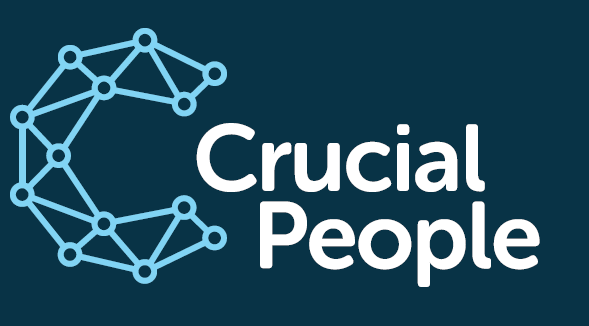Write a high-impact CV by following these simple guidelines
It is never easy looking for a new job, and with the high level of competition in today’s job market you really need to make yourself stand out. Follow our guide to writing the killer CV to land you that interview for your dream role.

It ought to go without saying that your CV should showcase your experience and present you in the best possible light to any prospective employer, but you would be surprised how many CV’s we receive that are bland at best, and down-right underwhelming at worst.
Many candidates are selling themselves short.
Hiring managers and recruiters who review high volumes of CV’s often learn to scan CV’s to quickly filter those to revisit in detail from those to discard on the first pass. So, you’ve got to nail it.
The key to a great CV is to both not to miss out on any vital bits of information which highlight your skills, whilst not going into so much detail that it is hard to digest. Get that wrong and it is likely that you will end up being overlooked.
Having been in the recruitment industry for a long time, I have a lot of experience in reviewing CV’s. I have seen first-hand what gets a hiring managers attention straight away, what gets overlooked, and the glaring gaps we all too often see, which without intervention would mean your application being overlooked.
There are 3 principles that every candidate needs to bear in mind when crafting their CV…
• Your CV is not a cut and paste document that is just ‘part of the process’, but a tool to opens doors, so it really needs to be specifically tailored to each role and each market.
• Hiring managers (and recruiters) are busy people who deal with dozens of applications and CV’s a day. Be detailed, be clear. Make your skills, experience and relevance obvious. Don’t make it hard to find the gold in there.
• Being able to identify the key responsibilities of the role and highlight your relevant experience in your CV not only shows your relevant prior experience, it evidences an understanding of what the role really requires.
If you can apply these ideas to your CV writing, then you are likely already one step closer to getting in front of the decision maker.
DO
Employment history
Keep it in reverse chronological order, the most recent first. They don’t want to know about your first job as an assistant at the local shop in 1983!
Tailor your CV with relevant experience
Pick out the key responsibilities of the role you are applying for and include experiences you have that are directly relevant to that.
Skills
Include specific relevant skills that the role would require – Any particular software, any specific tasks, any specific courses or qualifications that are pre-requisite or demonstrate competence.
Include evidence
Give empirical evidence if possible. Were your projects delivered on time and budget? How much was your sales target and what did you actually achieve? If you were rationalising a supply chain, how much annual savings did you achieve? If you say you ran a team, state how many staff, what roles and skills did they have?
Full contact details
You will be surprised how many CV I have received with no contact details on them other than the email address they came from!
Proof read
Always check for spelling and grammar, get you CV’s proof read by a fresh pair of eyes - poor spelling is a serious turn off for most employers
Structure
Make the CV follow a clear structure. Write an executive summary, your education and industry qualifications, key skills and competencies, employer, position, dates, job responsibilities. Making your CV easy to navigate helps us hone in and pick out the most salient points.
A short CV
Do try keep your CV to a max of 3 pages – that said, don’t worry about this “one page” rule. Personally I would rather read three useful pages than a 1 page summary that tells me nothing. If you have a lot of projects then it is ok make a separate list as an annexe.
Extra-curricular activities
What interests do you have? Do you do any volunteer work? Appear human and relatable. Skills and competencies aside, people hire people. Anything that is interesting and demonstrates transferable skills is always a plus.
Layout
Think about font, size, white space, all these makes your CV easier to read and digest. Nobody wants to read a 30 line paragraph.
DON'T
Exaggerate or lie
You will get called out in interviews. Even if you don’t, you will likely be rumbled once you’ve got the job and it will go downhill rapidly from there.
Be funny
Unless you are applying as a comedy script writer, this is unlikely to gain you any points. Keep it serious and professional. Don’t give the impression you will act the fool.
Artistic flair
You may think that your decorations and background pictures look amazing but actually they can be very distracting and hard to read. Moreover, overly formatted CV’s are a nightmare for us to work with. Keep it simple and preferably in Word! Your recruiter will thank you!!!
Make simple spelling and grammar mistakes
Shows a total lack of care and attention to detail. Let’s be honest; you’re not going to be handwriting your CV. You will be using Word or similar and it will be underlined in red!
Waffle
Going off on a tangent or writing long prose of opinion and self-analysis does not make for good reading in a CV.
Just remember…
Submitting a poorly written CV is essentially self-sabotage.
There are so many ‘how-to guides’ and templates out there to help with CV writing, that you should give yourself every opportunity to get it right.
This guide should give you a good place to start from, or you can also download a starter template from our website.
If you want to arrange a discussion, please email me at kayhan@crucial-people.com or give me a call for a confidential discussion on 0203 154 9422.











